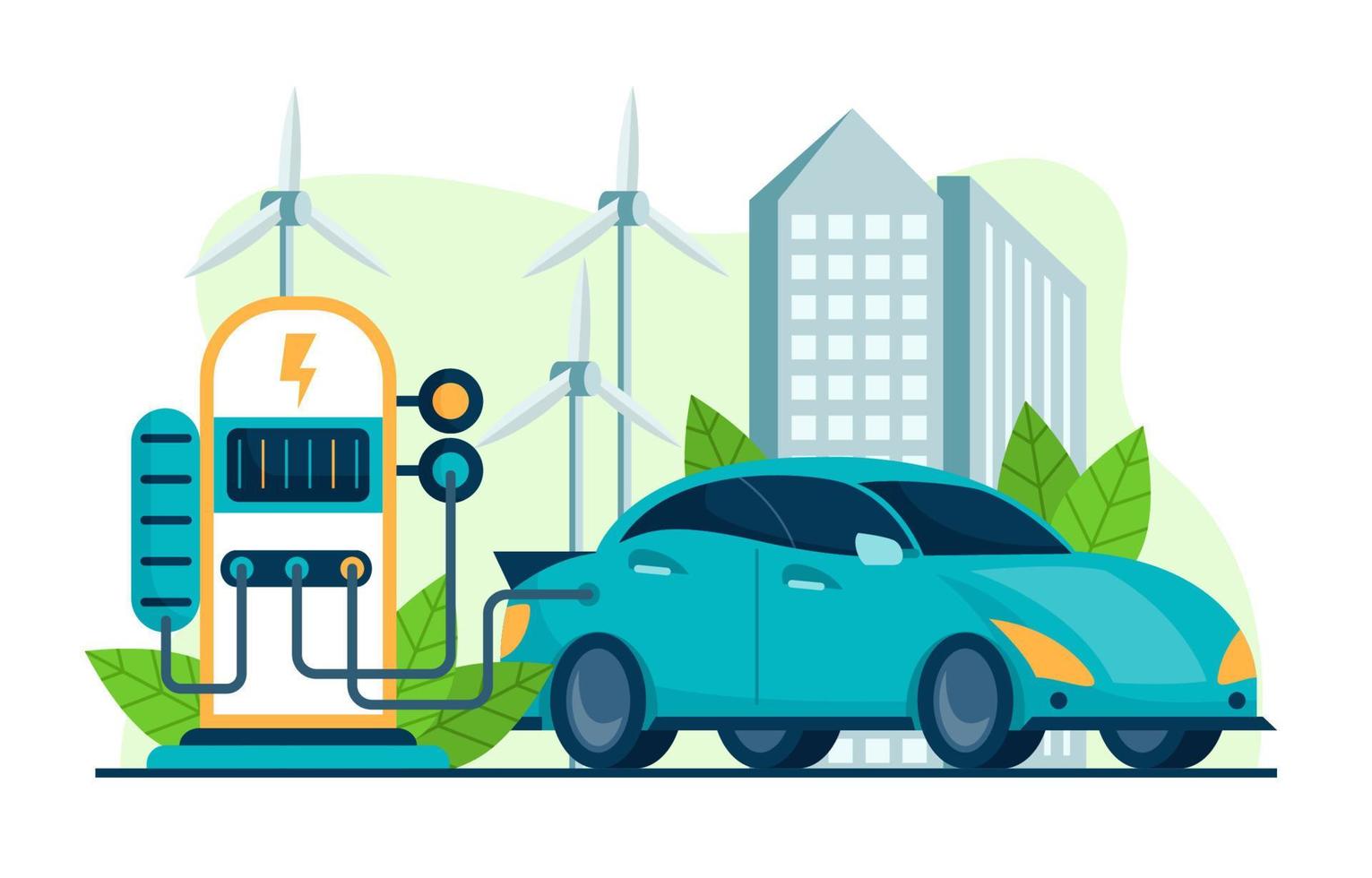Introduction
The Emergence of Electric Vehicles
Electric Vehicles (EVs) have surged in popularity in recent years. In the United States, battery electric vehicle sales increased consistently between Q1 2020 and Q2 2022. This growth trajectory is expected to continue, with a significant increase in the U.S. EV market share projected between 2030 and 2035.
References:
https://www.statista.com/topics/4421/the-us-electric-vehicle-industry/
Key Competitors in the Industry
Major players in the U.S., such as Tesla and General Motors, are not the only ones shaping the industry’s future. Interestingly, the CEO of Ford, Jim Farley, has pointed out that Chinese automakers are their largest competition in the EV market, not domestic or other international companies.
References:
Technological Advancements
The development of EV technology, particularly in battery chemistry, has been integral to the industry’s expansion. For instance, BYD, a Chinese automaker backed by Warren Buffett, has made significant strides in developing sodium-ion battery technology that could potentially replace lithium batteries.
References:
The Role of Infrastructure
A robust infrastructure of charging stations is crucial for the widespread adoption of EVs. As of May 2023, there were a significant number of public EV charging stations and outlets in the U.S, indicating growing infrastructure support.
References:
https://www.statista.com/topics/4421/the-us-electric-vehicle-industry/
The Cost Factor
The cost of lithium-ion battery packs for EVs in the U.S. has been decreasing steadily, making EVs more affordable and therefore more competitive against traditional gasoline vehicles.
References:
https://www.statista.com/topics/4421/the-us-electric-vehicle-industry/
Competition in the EV Industry: A Closer Look
Competition from Chinese Automakers
Chinese automakers like BYD have developed and sold EVs successfully, not just in China but also in Europe2. These companies, with government backing in China, have grown significantly and are seen as major competitors to U.S. automakers.
References:
Technological Edge
Chinese automakers have been particularly successful in battery technology. Ford, for instance, is partnering with China’s Contemporary Amperex Technology Co., or CATL, to build cheaper batteries in a new $3.5 billion plant in Michigan.
Impact on the U.S. Market
The advancements made by Chinese automakers could potentially disrupt the U.S. EV market. If political factors impede the introduction of cheaper EV technologies in the U.S., consumers could face higher prices.
A Case Study: BYD
BYD is a prime example of a Chinese automaker that has grown exponentially. Its sales in China increased from 445,000 units in 2015 to nearly two million last year, highlighting the potential of Chinese automakers in the global EV market.
References:
The Road Ahead
The road ahead for the U.S. EV market is filled with opportunities and challenges. The competition from Chinese automakers could potentially spur further innovation and growth in the sector.
Sales Trends and Market Dynamics
The Market Leader: Tesla
As of 2023, Tesla remains the market leader in the U.S. for electric vehicles. The automaker has built a strong brand reputation, supported by pioneering technology and consistent delivery on performance.
Upcoming Contenders: Ford and GM
While Tesla is the market leader, both Ford and GM have been ramping up their EV strategies, launching various new models and making significant investments in EV production and battery technology. Ford’s Mustang Mach-E and GM’s Chevrolet Bolt EV are competitive contenders in the EV market.
Chinese Automakers’ Influence on U.S. Sales
Chinese EV brands such as BYD, NIO, and XPeng have started to penetrate the U.S. market, putting pressure on local manufacturers and shifting sales trends. Their competitive pricing, high-quality vehicles, and technological advancements are attracting U.S. consumers.
Consumer Attitude Shift
The shift in consumer attitudes towards electric vehicles has played a crucial role in shaping sales trends. With environmental concerns on the rise, more consumers are considering EVs as a viable and sustainable alternative to traditional gasoline cars.
Technological Innovations and Advancements
Battery Technology
Battery technology remains a central area of competition. As highlighted, BYD’s sodium-ion battery technology could revolutionize the industry. Similarly, Tesla’s ongoing work on a more energy-dense 4680 battery cell indicates the pace of innovation.
Self-Driving Technology
Self-driving technology also continues to be a critical area of development, with Tesla’s Autopilot and GM’s Super Cruise pushing the boundaries. While this technology is yet to reach full autonomy, significant progress has been made, with some automakers already offering Level 2 and Level 3 autonomy.
Charging Infrastructure
The development of fast-charging infrastructure is another crucial area. Companies such as ChargePoint, Blink Charging, and EVgo are competing in this space, providing necessary infrastructure support for EV adoption.
Conclusion
Future Predictions
The U.S. EV market is projected to grow exponentially in the coming decade. However, the competitive landscape will likely shift, with Chinese automakers playing an increasingly significant role.
Policy Support
Strong policy support, particularly in the form of subsidies, will be critical for the continued growth of the EV market. Both the U.S. and Chinese governments have roles to play in shaping the future of the industry.
Embracing Competition
While the influx of Chinese automakers may pose challenges, it could also stimulate healthy competition, encouraging innovation and making electric vehicles more accessible to the masses.
Sources:
- Statista, U.S. Electric Vehicle Market Analysis, 2023
- Reuters, Chinese Automakers and the U.S. EV Market, 2023
